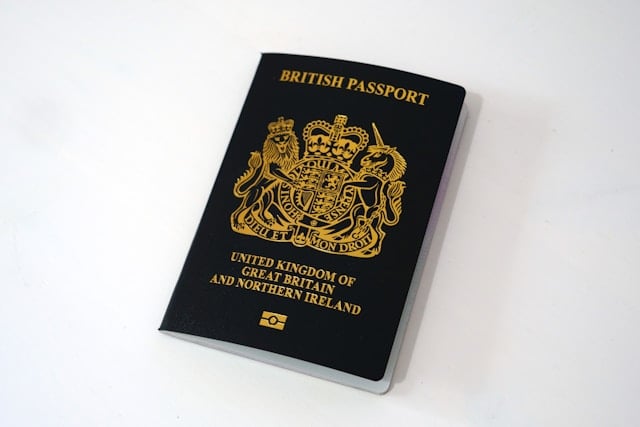UK Visa Refusal: Reasons, Solutions, and How to Appeal Successfully

A UK visa refusal can be a frustrating and stressful experience — especially when it disrupts your travel, work, study, or family plans. However, a refusal does not necessarily mean the end of your UK immigration journey. With the right guidance and strategy, many applicants successfully challenge the decision or reapply with stronger evidence.
This guide explains common reasons for UK visa refusals, your options after refusal, and how professional assistance can significantly increase your chances of success.
Why a UK Visa Can Be Refused
The UK Home Office follows strict Immigration Rules, and even minor mistakes can lead to a refusal. Common reasons include:
1. Applying Under the Wrong Visa Category
If your purpose of travel does not match the visa you applied for, the Home Office may refuse your application. For example, applying for a Standard Visitor Visa but mentioning study as a goal can raise red flags, as studying falls under a separate visa category.
2. Applying for an Unjustified Length of Stay
If the period you requested to stay in the UK seems excessive compared to your stated purpose, and you cannot justify it with strong evidence, suspicion may arise.
3. Missing or Incomplete Documents
Every visa application requires specific supporting documents. Missing even one crucial document — such as proof of income, accommodation details, or an invitation letter — can lead to refusal.
4. Errors in Application or Translation
Incorrect information or mistranslated documents can damage your credibility. All foreign-language documents must be translated by a certified translator.
5. Financial Issues
Applicants must show sufficient and legitimate funds. Even if you have money in your account, an unexplained source of funds can cause suspicion.
6. Being Considered a “High-Risk” Applicant
Applicants with few ties to their home country — such as no family, property, or steady job — are more likely to face refusals due to perceived overstay risks.
7. Misrepresentation or Forgery
Providing false information or forged documents can lead to an immediate refusal, a 10-year ban, and long-term immigration issues.
What a UK Visa Refusal Letter Includes
When the Home Office refuses your visa, you’ll receive an official refusal letter. This letter contains:
- VAF & GWF Numbers – reference IDs for your application.
- Decision Explanation – specific reasons for refusal.
- Relevant Immigration Rules – legal basis for the decision.
- Next Steps – whether you can appeal, request a review, or reapply.
What to Do After a UK Visa Refusal
If your UK visa has been refused, you generally have three main options:
1. Lodge an Appeal
If the refusal breaches your human rights, or relates to EEA family member rights, you may be eligible to appeal to the First-Tier Tribunal.
Deadlines:
- 28 days – if refused outside the UK.
- 14 days – if refused inside the UK or at the border.
For step-by-step legal representation in your UK visa appeal, experienced immigration advisers can help analyse your case, draft your appeal, and represent you in court.
2. Apply for an Administrative Review
If the refusal resulted from a case working error by the Home Office, you can request an administrative review. This is not a chance to submit new documents, but it allows you to point out overlooked or misinterpreted evidence.
3. Submit a New Application
If reapplying is the best option, ensure that previous mistakes are corrected, missing evidence is included, and the application fully complies with immigration requirements.
How Immigration Advisers Can Help
Qualified immigration advisers can assist by:
- Reviewing your refusal letter and identifying the best course of action.
- Preparing legal grounds for appeal or review.
- Ensuring all documents meet Home Office standards.
- Representing you at tribunal hearings.
- Providing continuous support throughout your case.
Final Thoughts
While a UK visa refusal can be discouraging, it’s rarely the end of the road. Whether you appeal, request a review, or reapply, having expert legal guidance greatly improves your chances of success.
If your UK visa has been refused, act quickly to protect your rights and avoid missed deadlines. Seek advice from trusted immigration professionals to secure the outcome you deserve.












